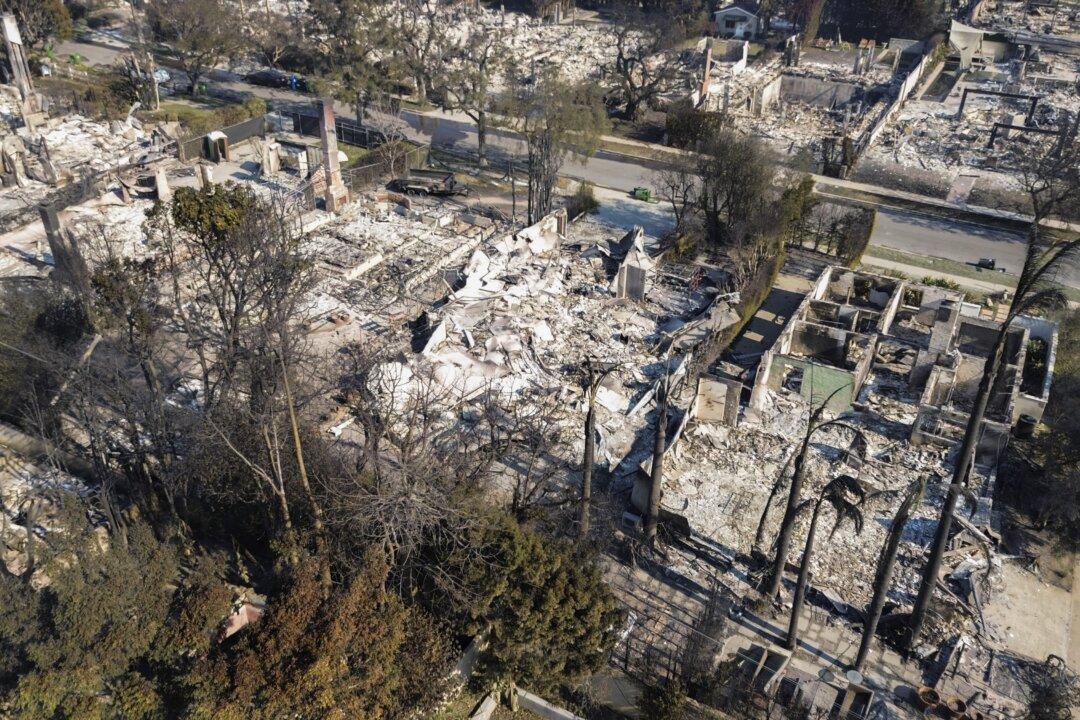Allow super-long motel stays. Defer mortgage payments. Waive permit requirements. Ban low-ball offers for ravaged homes.
Hand out cash.

Allow super-long motel stays. Defer mortgage payments. Waive permit requirements. Ban low-ball offers for ravaged homes.
Hand out cash.